Bad breath or halitosis, the medical term for it, is probably one of the most uncomfortable and embarrassing conditions a person can have. There are different reasons why this problem appears, and sometimes it could be an indication of something much more serious. That’s why we decided to let you know about the causes and the solutions to it. However, we need to make it clear that visiting a doctor might be the best thing to do if no other solution is working.
CAUSES
1. Eating too many spices and smelly foods
It’s not a secret that smelly foods, like garlic and chili peppers, can leave an unpleasant smell in our mouths. That’s because they get absorbed into our bloodstream, and until they leave our bodies completely, they can impact our breath. That’s why you may have noticed that even if you brush your teeth after eating these foods, their smell (and taste) still lingers in your mouth.
2. Not brushing and flossing your teeth daily
These 2 activities are way more important than we maybe realize, since they remove the small particles of food that get trapped in our mouths. These particles will build up and start to break down in our mouths, which is something that will create an unpleasant odor. Also, if you don’t brush your teeth regularly, plaque forms, which can cause the inflammation of your gums. This problem is called periodontitis, and it can lead to bad breath if not treated.
3. Health problems, like dry mouth and other conditions
Dry mouth or, as it’s known in the medical community, Xerostomia, is when someone’s mouth doesn’t produce enough saliva. As a result, their mouth can’t sweep all the food particles left inside, and therefore they get trapped there and start decomposing. But, this is not the only cause of dry mouth since various medications, breathing through the mouth, and salivary gland disorders can also create the problem.
Additionally, infections and inflammation that appear in our mouth, nose, and tonsils can produce odor. Also, people suffering from certain typed of cancer, liver failure, and other metabolic diseases can also start having bad breath. That is due to the medicine they take, which creates a mixture of chemicals.
4. Crash dieting
Crash dieting is unhealthy and dangerous in all aspects, but it can also lead to halitosis, among other things. The reason that can happen is that these diets produce energy at different levels, since they are low on carbohydrates. Our body starts using all the protein to generate energy, something that produces a lot of ketones, which can have a very annoying smell.
TREATMENT
1. Clean your mouth and brush your teeth at least twice a day.
Maintaining good overall oral hygiene is the number one step. It’s best to brush your teeth at least twice a day and floss at least once a day. However, you can increase these activities if you feel that your mouth needs it, but make sure not to brush too hard since you will weaken your teeth. Also, you should remember to replace your toothbrush every 2-3 months and brush your tongue as well.
Another good idea would be to use mouthwash twice a day. You should opt for a fluoride antibacterial or antiseptic mouthwash that kills all the bacteria that are responsible for halitosis and gum disease. If you are wearing dentures or braces, you should remove your dentures during the night or make sure to clean your braces thoroughly.
2. Choose gum instead of mints after a meal.
Gum is known for stimulating your saliva production, meaning that you’ll have a stronger defense against plaque acids. These acids are responsible for tooth decay and gum disease, and saliva just keeps them away. Make sure that you pick sugarless gum. The bacteria that live in your mouth love sugar and will make a harmful acid with it.
3. Drink plenty of water to avoid dry mouth.
As we already mentioned above, one of the reasons why people have bad breath is when they also have a dry mouth. Drinking plenty of water during the day can assist in that area by making sure your mouth stays hydrated at all times. This will also help with the production of saliva, which is vital. Another thing you can do to produce more saliva is to start eating things that need a lot of chewing, like carrots and apples.
4. You can try a few home remedies.
Inserting certain foods into your daily routine can prove to be very helpful. For example, research has shown that people who ate yogurt for 6 weeks had a reduction in the bad smell. If you want to try this, you will need to eat at least 1 serving of non-fat, plain yogurt per day. But, if that’s not something you like, you can try drinking some orange juice or eating a couple of oranges per day.
Research has shown that oranges help with saliva production, which keeps the mouth hydrated and protected from bacteria. Additionally, green tea is also proven to have deodorizing and disinfectant properties. You can start drinking 1-2 cups per day or brew them the night before, chill them in the fridge, and take them to work the next day.
5. When to go see a doctor
In some cases, bad breath has nothing to do with your oral hygiene, and your dentist will let you know if you fall under that category. That’s when you might need to visit a specialist, so they can search for the root of the problem and find the best plan for treatment. Like we said earlier, there might be other underlying medical conditions that cause bad breath, so it’s best to check that possibility out.
What does your oral hygiene routine include? Do you just brush your teeth, or do you do other things in addition to that in order to combat bad breath and bacteria?


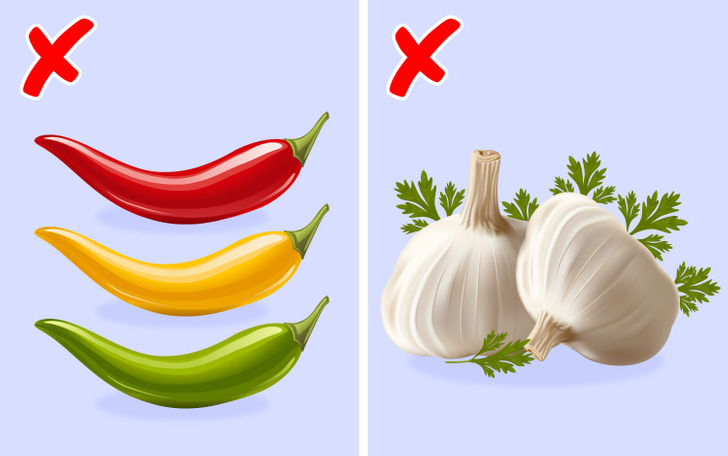
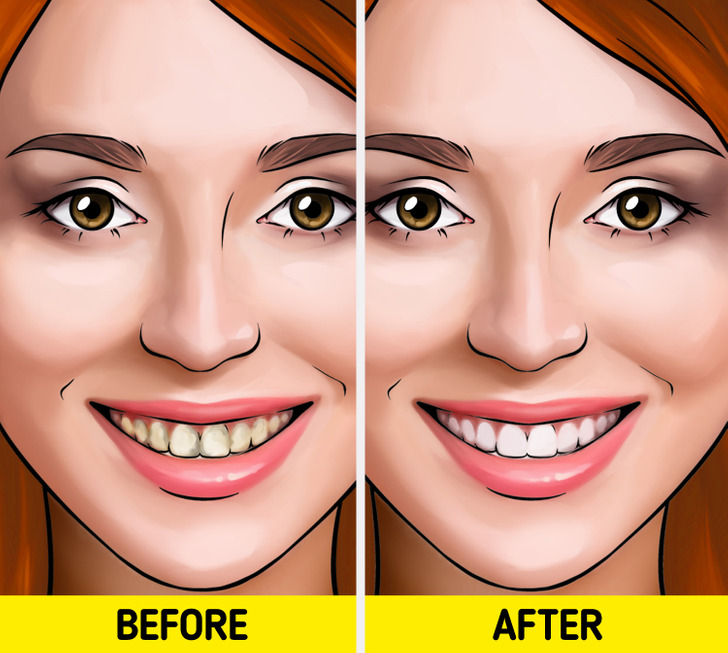
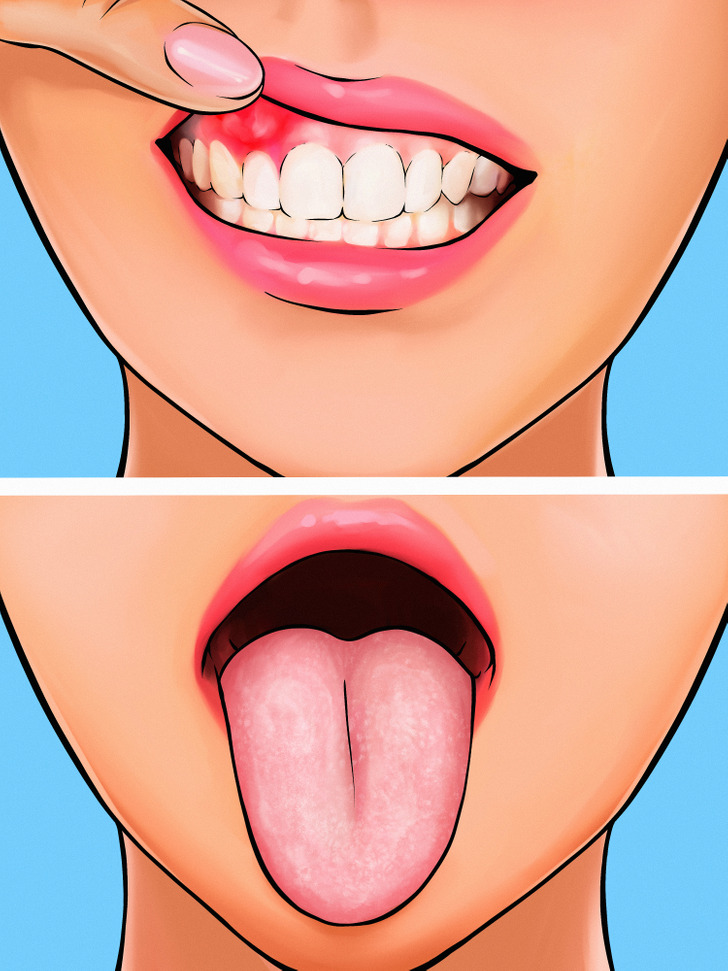
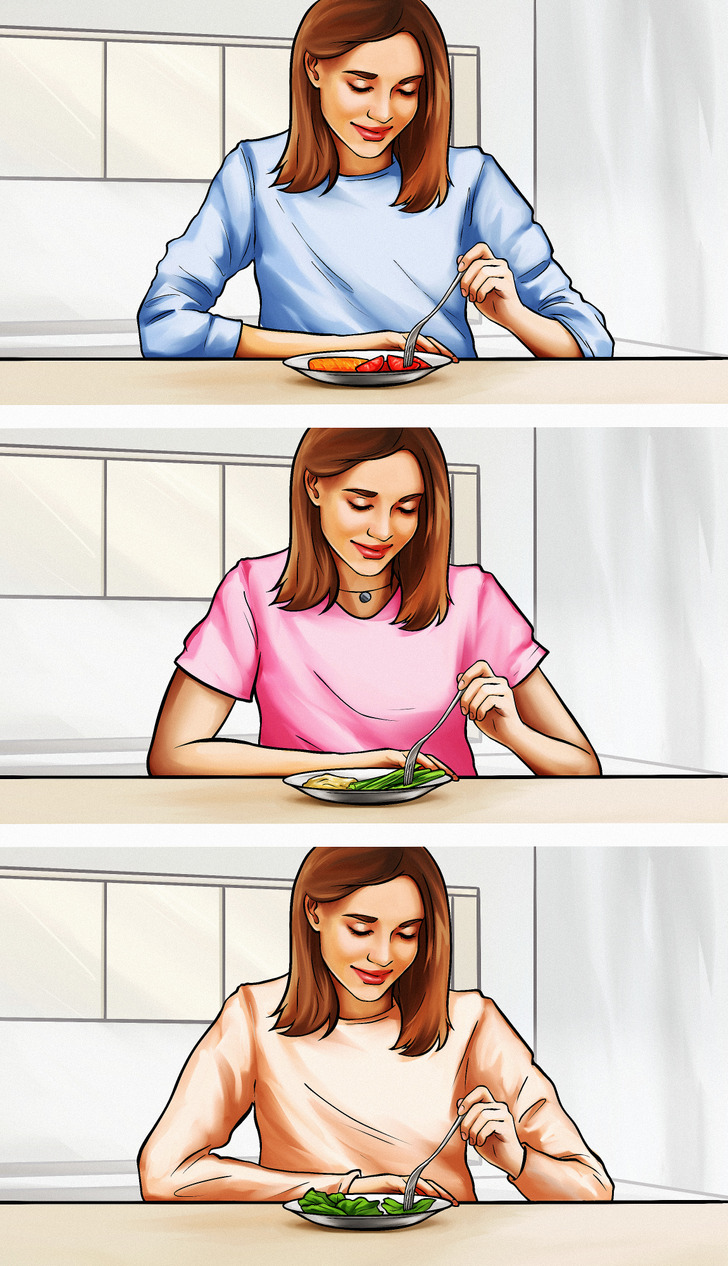

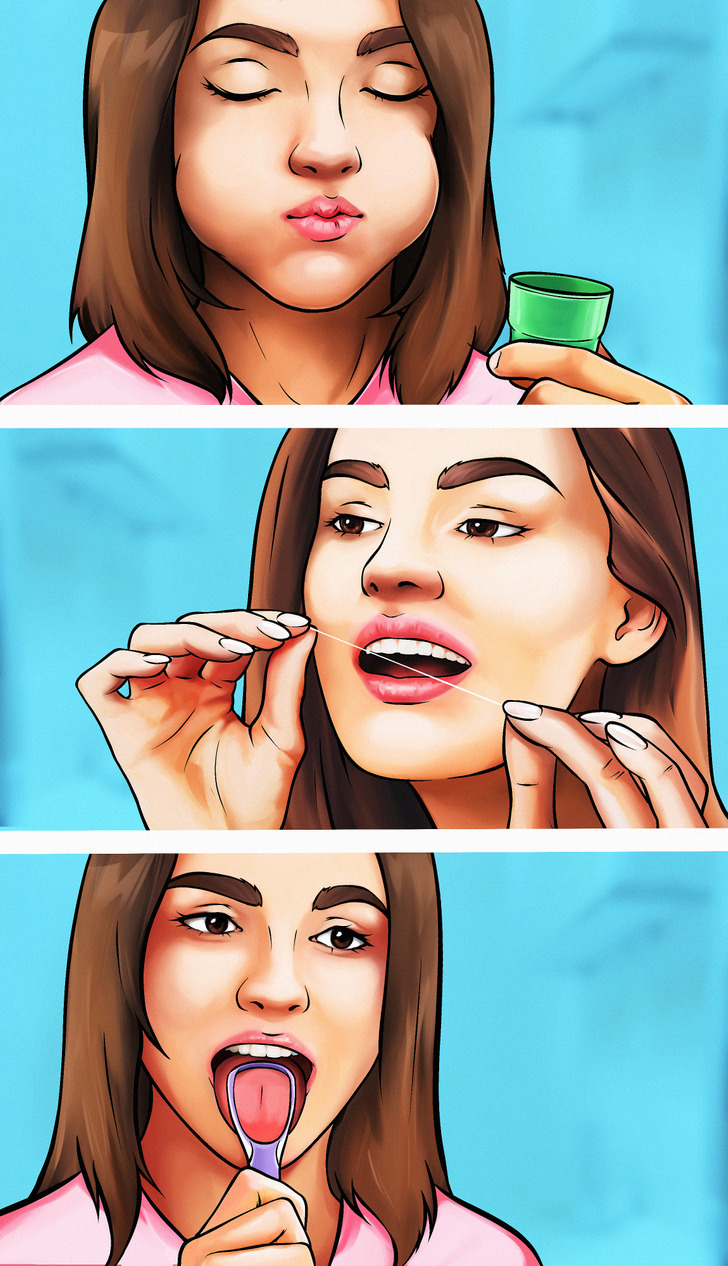
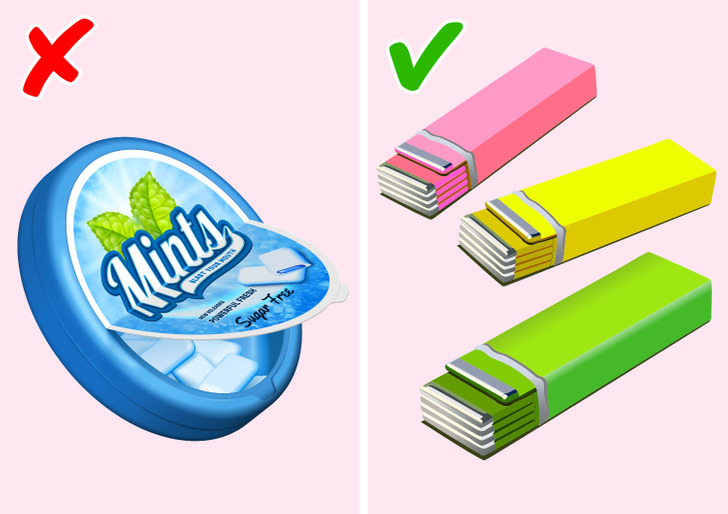



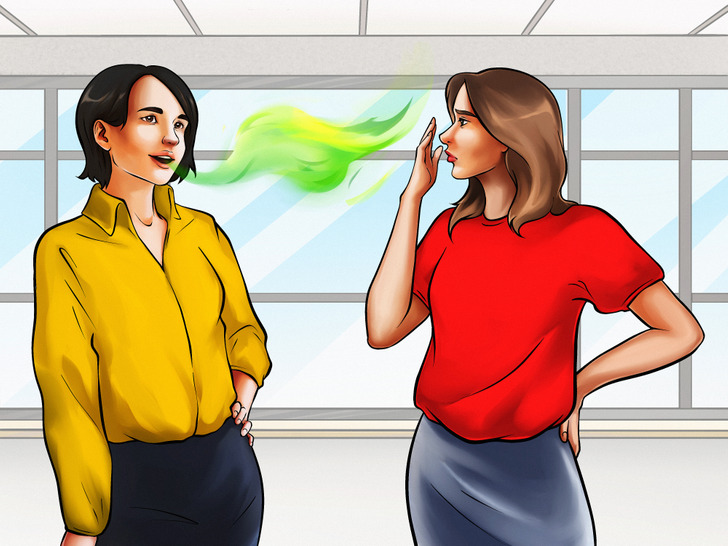

0Comments